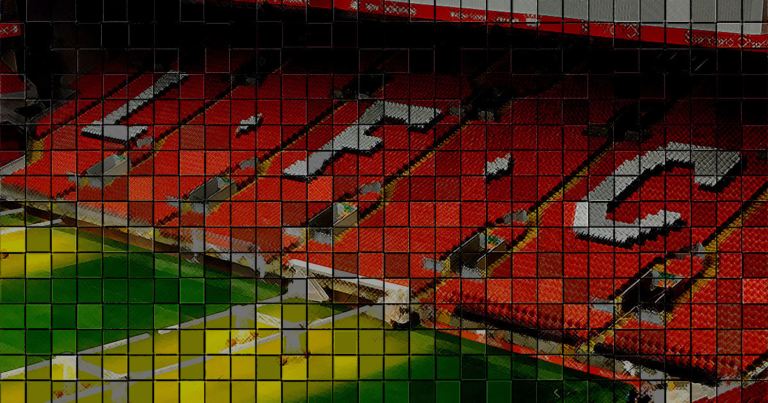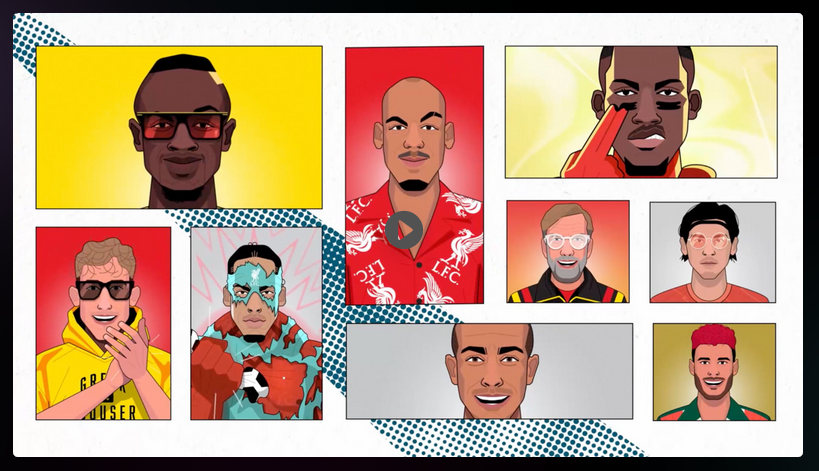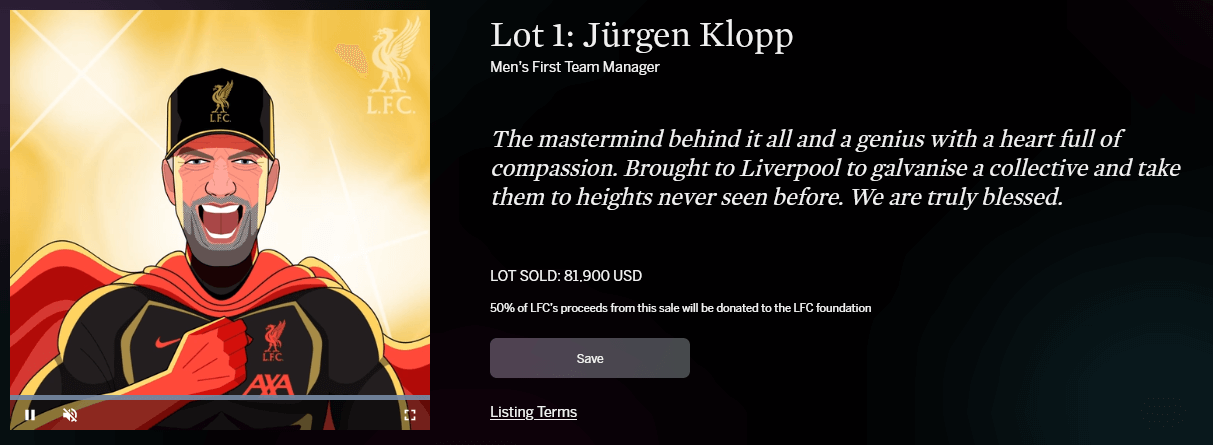 Liverpool Football Club’s foray into NFTs branded a disaster
Liverpool Football Club’s foray into NFTs branded a disaster Liverpool Football Club’s foray into NFTs branded a disaster
The LFC Heroes Club Collection auction ended this week with around 94% of the available NFTs unsold. A look at the public feedback towards the project shows the average fan isn't interested.

Cover art/illustration via CryptoSlate. Image includes combined content which may include AI-generated content.
Premier League football club Liverpool is reeling after its six-day Sotheby’s auction ended on Monday, having sold just 9,721 out of an available 171,072 NFTs.
The LFC Heroes Club Collection is described as cartoon avatar depictions of the Liverpool squad. Token holders are granted “access to a range of ongoing benefits.”
“Holders have access to a members-only LFC Discord community chat channel where they can interact with other passionate LFC Heroes Club members. Additional benefits include virtual hang-outs, competitions, guest appearances, updates from the LFC Foundation and LFC retail discounts.”
In addition, a percentage of the proceeds will go to the LFC Foundation. This independent charity provides support in the local area (and beyond) for sports activities, health and wellbeing, and youth interventions, among other aims.

In recent times, gamers have made it clear they don’t welcome NFTs due to the potential monetization strategies they offer game developers. Based on the poor uptake of the LFC Heroes Club Collection, sports fans hold a similar view.
LFC Heroes Club NFTs
The LFC Heroes Club Collection was available as part of a two-tier auction. The “Legendary” auction featured 1/1 NFTs of the 23 squad members plus first-team manager Jürgen Klopp.
All 24 Legendary lots were sold, with Mohamed Salah fetching the highest price, at $88,200. Followed by Lot 1: Jürgen Klopp raising $81,900.

The “Hero Limited Edition” auction made up the remaining 171,048 NFTs. This range also features the squad, but each NFT varies according to the background color and “Match Mode, Fresh Mode and Super Mode traits.”
The asking price for Hero Limited Editions was $75. And with 9,697 sold, revenue generated comes in at $727,275. Of which 10% will go to the LFC Foundation.
The revenue generated by the Legendary auction comes to $745,290. Of which 50% will go to the LFC Foundation.
All in all, LFC Heroes Club earned Liverpool Football Club a total of $1,472,565 ($1,027,193 after charitable contributions). This falls way short of the projected sales figure of $11.2 million.
What does the community say?
Liverpool Football Club was keen to stress that the LFC Heroes NFTs operate on the energy-efficient Polygon blockchain, making the Collection environmentally friendly.
“We have chosen to mint all LFC Heroes Club NFTs on Polygon, one of the most energy-efficient blockchains. Creating an NFT on Polygon has the same carbon impact as sending just 2.5 emails, which means LFC NFTs consume 99.95% less energy than projects on Ethereum.”
However, in conjunction with the charitable element, this wasn’t enough to rouse sufficient interest in the project.
The Director of Centre for the Eurasian Sport Industry, Professor Simon Chadwick, claims that single buyers purchased multiple NFTs, making the sales figures even worse than initially thought.
It appears that although just under 10,000 Liverpool NFTs have been bought, the number of buyers is significantly less than 10,000. In several instances, single buyers have bought multiple NFTs, further calling into question the number of people in total who have made a purchase pic.twitter.com/GR0JQngfUu
— Professor Simon Chadwick (@Prof_Chadwick) April 4, 2022
Football Journalist David Lynch said the club had been weighing up the pros and cons of releasing an NFT collection for some time. But in the end, they opted to go, ahead despite the drawbacks, for reasons of financial gain.
Liverpool have spent a long time assessing external sentiment around NFTs in recent months and were warned about potential harms to investors/the environment but proceeded anyway. Presumably the financial gain outweighs any backlash as far as they’re concerned. https://t.co/zQzvghlKds
— David Lynch (@dmlynch) March 24, 2022
An examination of grassroots sentiment shows there is enormous skepticism towards digital assets. Common themes include NFTs being a vehicle for tax evasion, copying pictures is the same as owning the NFT, and this being a money grab for Liverpool Football Club.



 CoinGlass
CoinGlass 


 Farside Investors
Farside Investors 
























































































